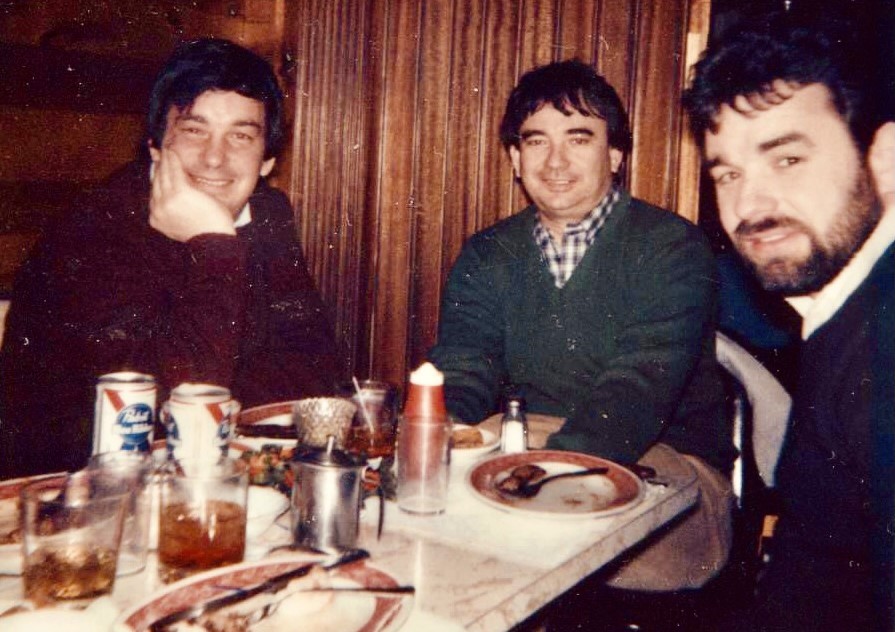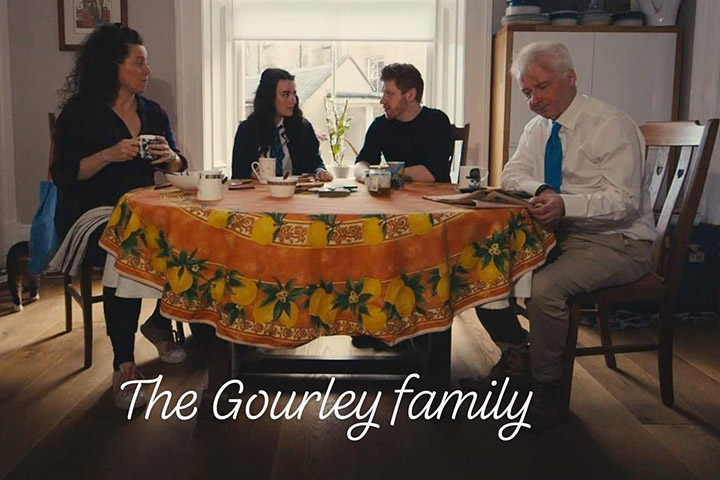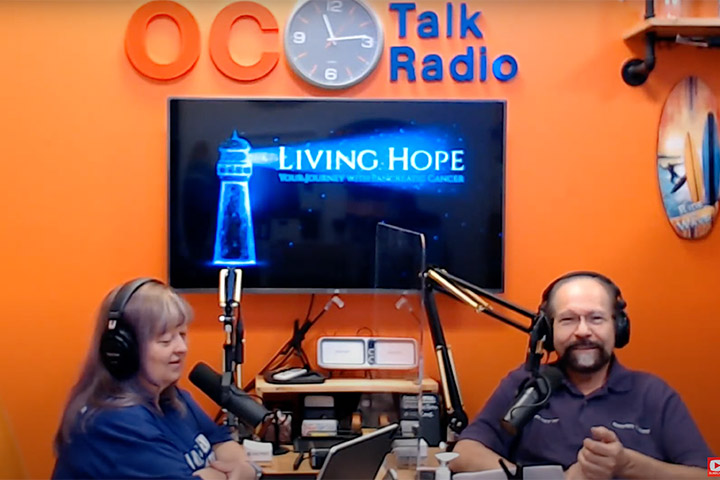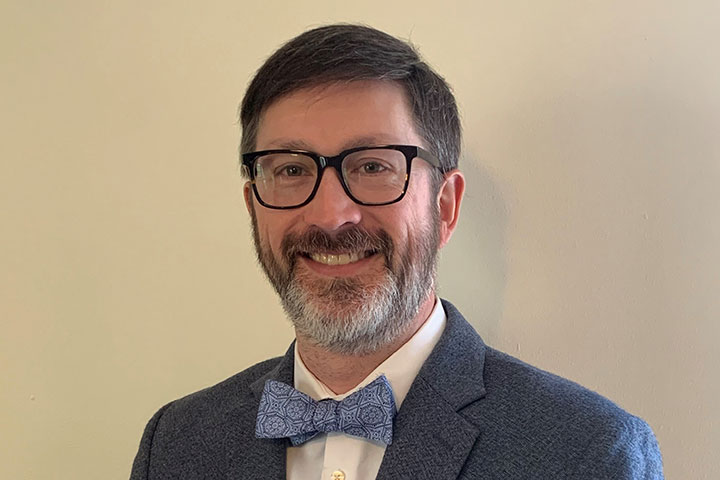For Tommy Thompson, the Commitment to Pancreatic Cancer Research Is Personal
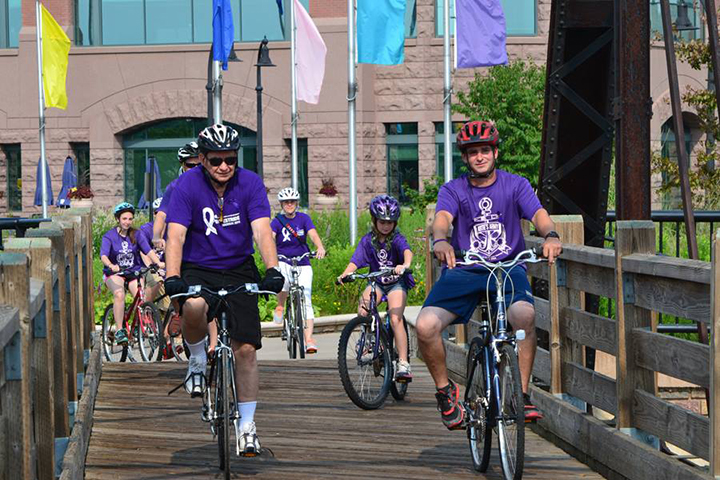
Former Wisconsin Governor Tommy G. Thompson is intimately familiar with all types of cancer.
A skin cancer survivor whose wife, sister, and two daughters had breast cancer, Thompson says, “I feel like I have the big C on my back.” But it’s pancreatic cancer that has captured his full attention.
“Pancreatic cancer is one of those diseases that is just cast aside because it’s so insidious and difficult to treat,” explains Thompson, who served as Health and Human Services Secretary in the George W. Bush administration from 2001-2005. “Now, it seems, we’re starting to turn a corner, raising awareness and coming up with methods for early detection.” And Thompson is playing a key role in those efforts.
Navigating the Big C
Pancreatic cancer is the fourth leading cause of cancer death in the United States, in part because it’s so difficult to detect. Symptoms are vague—stomach pain, weight loss, fatigue—and unlike breast, prostate, colon, and even lung cancer, there’s no standard or easy screening for the disease.
“People don’t realize they have it until the disease has progressed,” says Thompson, “and then, it’s usually too late.”
Thompson knows all too well how pancreatic cancer can ravage a family. His younger brother, Ed, the former mayor of Tomah, Wisconsin, learned he had pancreatic cancer after sharp pains in his stomach and back brought him to his knees during his campaign for state senate. “He thought he had a stomach flu or something,” Thompson says. By the time doctors discovered Ed had pancreatic cancer, they told him he had six months to live.
“To watch this man who was so strong and powerful develop a disease that he couldn’t beat was devastating,” Thompson laments. That same year, Thompson’s longtime friend and farming partner, Ervin Schulz, succumbed to the disease after undergoing a Whipple procedure to remove a tumor in his pancreas. Two years later, Thompson’s youngest brother, Artie, developed pancreatic cancer and died just eight months after diagnosis.
Toward a Cure
Losing three loved ones to the same disease prompted Thompson to take action. For more than 12 years, he has been traveling across the country to raise awareness and to raise money for pancreatic cancer research. He even rode his bicycle across a good part of Wisconsin to raise money for local scientists who are studying early detection methods.
“What’s most important to me is advancing research into early detection, because when doctors find pancreatic cancer early, it is treatable,” Thompson explains. “But once it starts growing in the pancreas, it moves quickly.”
Through his philanthropic work, Thompson—a board member for Centene—and Centene CEO Michael Neidorff (who passed away in April 2022) raised $5 million for the University of Wisconsin Carbone Cancer Center (Madison) to fund research exploring new methods for early detection of pancreatic cancer. He also helped raise another $25 million with Neidorff for the Mayo Clinic to study life-extending treatments in cancer. And he visits the Mayo Clinic regularly for an endoscopic ultrasound to allow the researchers to investigate any genetic connection between family members who have had pancreatic cancer.
Thompson will be celebrating his 81st birthday in November, but he is not showing any signs of slowing down, especially as it relates to raising pancreatic cancer awareness. “On his deathbed, Ed grabbed me by the hand, and said, ‘For God’s sake, Tommy, whatever you do, find a cure for this disease,’” Thompson says. “So, I made a commitment to him that I would do everything I could to find a cure for pancreatic cancer—and that’s what I intend to do.”
